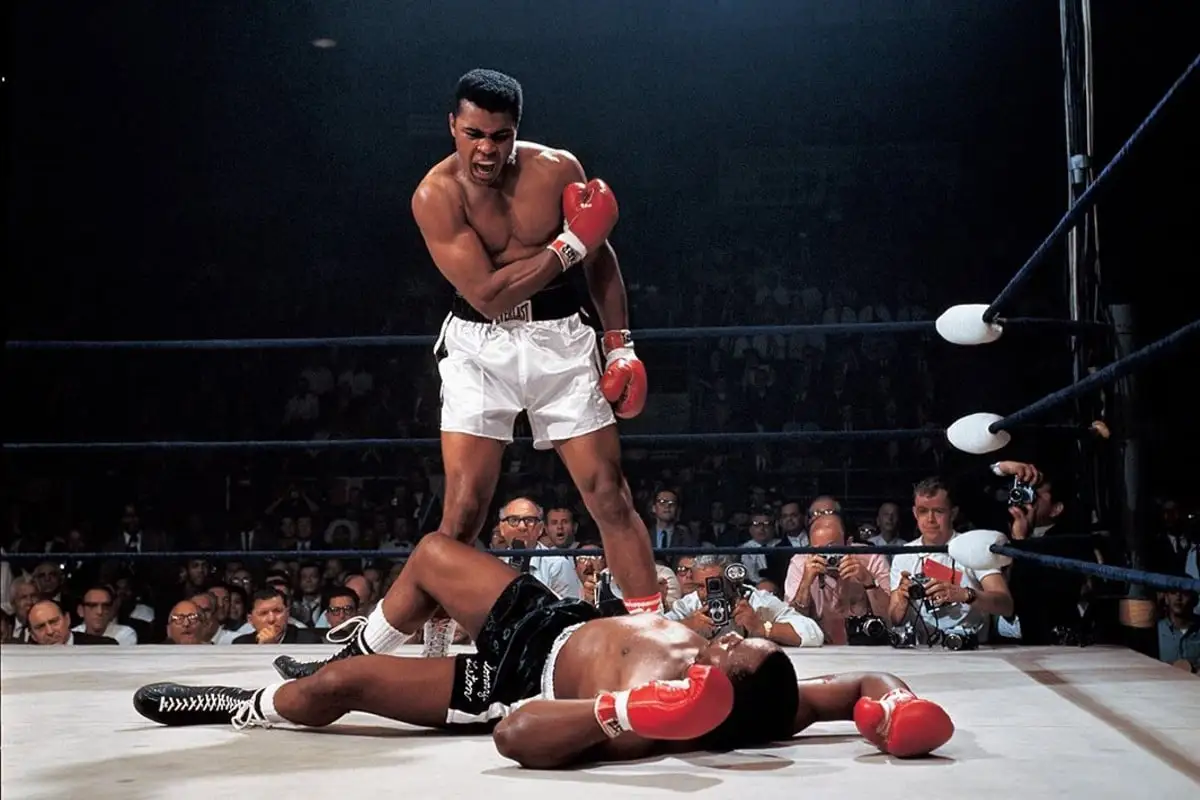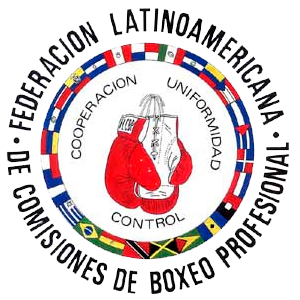Next Sunday the 25th will be the 60th anniversary of the night a young man born in Louisville, Kentucky, 22 years and 2 months old and who 4 years earlier had won the gold medal in light heavyweight at the Rome-60 Olympic Games, born Cassius Marcellus Clay, years later known as Muhammad Ali-as the world remembers him, was crowned for the first time, out of four, in his long and successful career, as all-weight champion against Sonny Liston, a 32-year-old feared knockout star who stepped into the ring as an 8-1 favorite to be surprisingly and widely outclassed in the 6 rounds of the fight that was promoted as the Fight of the Year, by an opponent who outpaced him in speed and skill, with a style rarely seen in the top division and whose outcome left the little more than 2,500 spectators seated at the Center with their mouths agape. 500 spectators seated in the Convention Center of Miami Beach, Florida with a capacity for the small audience that bought only half of the 5,000 tickets on sale.
Crushed by an opponent 10 years younger, undefeated in 19 fights since his debut in 1960 and with 14 knockouts, the then champion, with a record of 36-1-0 and 26 knockouts, dropped the surrender flag. When the fight ended, the scorecards of referee Barney Felix and judges Bunny Lovet and Gus Jacobson read 57-57, 56-58 and 59-56, respectively. The loss left Liston without the belts of the World Boxing Association, the New York Athletic Commission and the newly created World Boxing Council.
In the months prior to the fight, the winner had made fun of his opponent in every possible way, calling him “the ugly bear” while he called himself “the most handsome boxer in the world”. He even set up a bear trap in the garden of the house he lived in. The night his legend was truly born, Clay, then Ali, leaned back from the ropes at the end of the bout and shouted to the boxing reporters: “Swallow your words! I am the greatest. I am the greatest! And the most beautiful of them all,” and another string of hurtful taunts to the vast sector of the press, who disliked him for his arrogance and had christened him “Big Mouth” for his incessant chatter.
In those days that preceded his consecration as one of the youngest world champions of the division in history, he also boasted of being the one who “stung like a bee and floated like a butterfly”, a phrase that he made popular although its creator was Drew “Bundini” Brown, a witty assistant of Angelo Dundee, the main trainer of the new champion.
By the time we counted Ali had already been bewitched by the personal magnetism of Elijah Muhammad, supreme representative of the so-called Nation of Islam.
Clay had also received the decisive religious and political influence of Malcolm X, Elijah’s favorite disciple and later assassinated for racial reasons. Flanked by the latter, exactly on March 6 of the same year 64, that is about nine days after his fight with Liston, Cassius Clay announced to the world that from then on he would be called Muhammad Ali (“God’s Beloved) and that he was abjuring Cassius Clay, which he rejected because he claimed, it was a “slave’s name”.
Fourteen months after that historic event of Ali’s revelation as a follower of Islam, on May 25, 1965, the rematch fight took place at the Central Maine Civic Center in Lewiston, Idaho. It was a short fight: at 2’12” of the first round Liston was left lying on the canvas facing the lamps, by a blow that the press called “ghost” (and also “anchor”) because there were few who saw it, although the video proves that there was one. The photo at the end is one of the best known in the ancient history of boxing, with Ali defiantly urging Liston to get up in vain.
But that’s another interesting story that we’ll tell in due course.

















